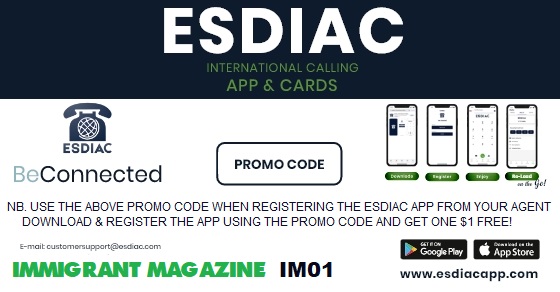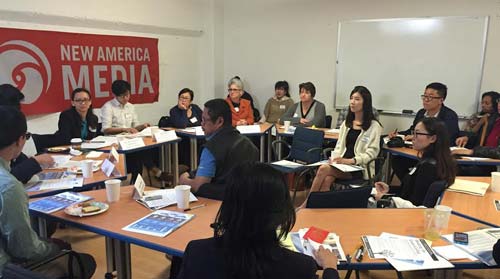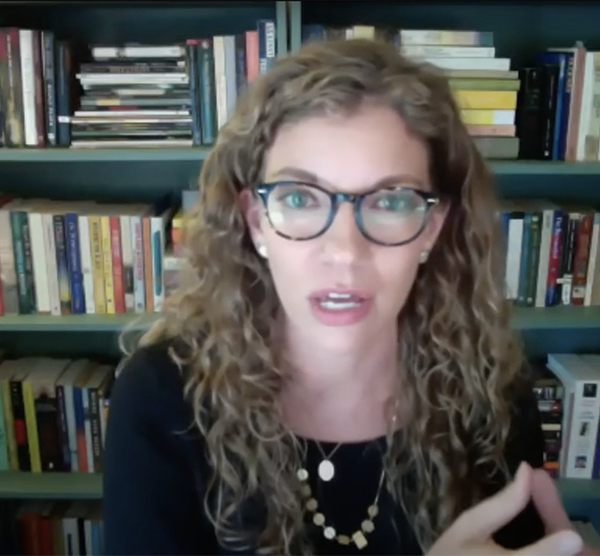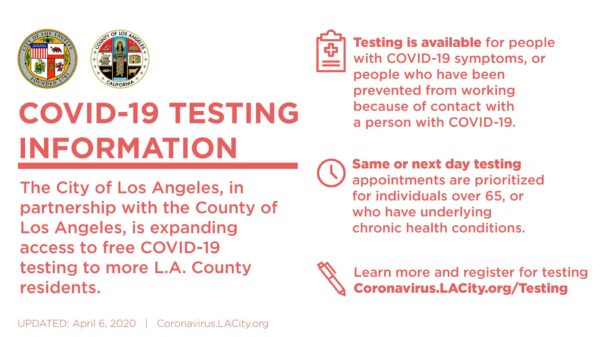Unveiling the Surge of Online Scams in 2024: A Closer Look at Targeted Deception at the Border
Introduction:
In today’s interconnected world, marked by digital advancements and economic uncertainties, the peril of online scams has reached unprecedented heights. A pivotal session convened by Ethnic Media Services, in collaboration with the Federal Trade Commission (FTC), a prominent guardian of American consumers’ interests, illuminated the escalating threat. The focus of this briefing was to expose the proliferation of fake job offers and money-making schemes across diverse media platforms, while shedding light on scammers’ tactics, especially as they prey upon specific ethnic communities and vulnerable individuals.
Navigating the Current Landscape:
In the era of digital innovation, enticing yet deceptive opportunities abound. Social media platforms are inundated with advertisements promising instant wealth and attractive job prospects. These ads strategically infiltrate popular platforms like TikTok, Instagram, and WeChat, alongside seemingly legitimate online job listings. People yearning for financial stability or aspiring entrepreneurship are drawn to the allure of swift cash and self-sufficiency. However, the challenge lies in distinguishing between authentic opportunities and meticulously devised scams. This is where the Federal Trade Commission, the vanguard against fraud, comes into play.
The FTC’s Resolute Purpose:
Central to the briefing were two FTC luminaries: Kathleen Daffan, Assistant Director of the Division of Marketing Practices, and Rosario Mendez, an Attorney specializing in Consumer & Business Education. Their presence was pivotal, not only to underscore the gravity of the issue but also to spotlight the FTC’s strategies in countering these scams.
Unmasking the Threat:
Kathleen Daffan provided a comprehensive panorama of the escalating threat. With over 26,000 instances of fraud reported in the first half of 2023, the FTC emphasized the criticality of the situation. The financial toll on victims was staggering, amounting to a remarkable $223 million, a figure that only partially encapsulates the issue’s enormity. As scams zero in on specific ethnic groups, immigrants, and individuals with limited English proficiency, the FTC’s role in combatting these stratagems becomes all the more indispensable.
Innovative Deceptions, Familiar Predicaments:
Daffan spotlighted the evolution of scamming tactics, underscoring how scammers have adapted to the changing landscape of remote work. The global pandemic and the subsequent surge in remote work opportunities have furnished scammers with fresh avenues to deceive. Counterfeit job listings and fabricated recruiters have become commonplace, exploiting the online recruitment process. Victims are led to believe in the authenticity of these opportunities, often divulging sensitive information or engaging in monetary transactions with the scammers.
Narratives of Deceit:
Rosario Mendez, the Attorney specializing in Consumer & Business Education, fortified the message through personal anecdotes and specific case studies. She cast a spotlight on the rampant prevalence of fake check scams, wherein victims unwittingly cash forged checks and find themselves burdened with financial repercussions once the bank unmasks the deceit. Culprits exploit victims’ trust, leaving them grappling with significant monetary losses.
Precision Targeting of Deceit:
The FTC delved deeper into the targeted nature of these scams. Mendez expounded on the “Model Latina” case, wherein scammers directed their efforts at Latina women, enticing them with false promises of lucrative business ventures. These scams capitalizing on individuals’ aspirations wrought financial hardship and dashed dreams. She also brought attention to coaching scams, wherein fraudsters promise knowledge dissemination for a fee, capitalizing on trends like online entrepreneurship or stock market success. These fraudulent ploys mirror genuine opportunities, ensnaring victims in exchange for empty assurances.
Empowering through Vigilance:
In an impassioned call to action, both speakers emphasized the significance of promptly reporting any suspected scams to the FTC. The agency relies on community involvement to gain a comprehensive grasp of the evolving threat panorama. While reporting, Mendez stressed that one need not be a direct victim; even sharing others’ experiences proves invaluable in the FTC’s drive to curb these fraudulent practices.
In a world where the allure of financial security and autonomy is increasingly accessible through online avenues, the briefing underscored the indispensability of vigilance and skepticism. The FTC’s ceaseless dedication to identifying, thwarting, and prosecuting scammers remains a cornerstone in the battle against these duplicitous maneuvers. As we step into 2024, armed with insight and awareness, it is incumbent upon us to collectively stand against the surge of animosity propagated by these deceptive schemes at the digital border.
Empowerment through Vigilance and Action:
In a resounding call to arms, both speakers underscored the paramount importance of promptly reporting any suspected scams to the FTC. The agency’s ability to comprehensively understand the evolving threat landscape relies on active engagement from the community. Mendez passionately articulated that reporting doesn’t necessitate being a direct victim; even sharing information about others’ experiences is invaluable in the FTC’s tireless endeavors to curb these fraudulent practices.
Championing Vigilance in the Pursuit of Financial Security:
In a landscape where the allure of financial security and autonomy is increasingly within reach through online channels, the briefing brought to the forefront the necessity for unwavering vigilance and skepticism. The FTC’s unwavering commitment to the task of identifying, thwarting, and prosecuting scammers stands as a cornerstone in the ongoing battle against these deceitful machinations. As we venture into the year 2024, armed with knowledge and consciousness, the collective responsibility to confront the surge of animosity propagated by these duplicitous schemes along the virtual border remains more important than ever before.
Unmasking Targeted Deception: A Case Study:
During the Ethnic Media Services news briefing aimed at combatting online scams, Rosario Mendez, an Attorney specializing in Consumer & Business Education at the Federal Trade Commission (FTC), offered invaluable insights into a specific case that vividly illustrated the tactics employed by scammers to exploit vulnerable individuals. Her presentation not only peeled back the layers of deception but also emphasized the critical role that awareness and vigilance play within the community.
Case Study: Model Latina Scam
Mendez delved into a case that has come to be known as the “Model Latina” scam. This insidious scheme zeroed in on Latina women in search of financial stability and remote work opportunities. The scam was disseminated through Spanish-language television, enticing women with the prospect of selling high-end items like 14-carat gold jewelry from the comfort of their homes. The victim, a recent immigrant to the United States, found herself captivated by the promise of quick earnings and decided to engage with the opportunity.
In response to her initial inquiry, the victim received a call instructing her to make a payment of $299 via a money order in order to receive a package containing the alleged luxury items for sale. However, even this initial interaction reeked of deception, with unconventional payment methods and undue financial pressure.
Upon the arrival of the package, the victim’s hopes were dashed as she discovered that it contained low-quality or utterly worthless items instead of the promised valuable jewelry. Attempting to address the situation, she was met with resistance from the scam company, which demanded further payments for authentic products. Recognizing the scam for what it was and frustrated by the turn of events, the victim took a stand and reported her experience to the FTC. Her contribution played an integral role in the agency’s ongoing investigation into the case.
Key Takeaways and Recommendations:
From the “Model Latina” scam and analogous incidents, Mendez extracted several pivotal lessons and recommendations:
1. Research and Diligence:
Mendez advocated for comprehensive research on companies and opportunities, especially for those seeking jobs or entrepreneurial ventures. She advised utilizing online searches with relevant keywords, including terms like “complaints,” to gauge the credibility of opportunities.
2. Consultation and Verification:
The importance of consulting trusted sources and seeking advice before committing to financial transactions or business endeavors was a recurring theme. These steps can prove instrumental in identifying warning signs and shielding oneself from scams.
3. Community Engagement and Reporting:
Mendez emphasized the crucial role of reporting suspected scams to the FTC. This action aids the agency in its relentless fight against fraudulent practices. She stressed that reporting need not be limited to direct victims; sharing information about others’ experiences significantly contributes to the FTC’s mission to curtail these deceptive schemes.
Media Responsibility and Safeguarding Consumers:
During the Q&A session of the briefing, Mendez addressed the question of media responsibility in advertising fraudulent opportunities. She acknowledged that media companies can play a pivotal role in preventing scams by carefully screening advertisements for telltale signs of false claims, such as extravagant promises of wealth or success. The FTC supports responsible advertising practices and recognizes the symbiotic relationship between media outlets and consumer protection agencies in thwarting the proliferation of scams.
Conclusion: A Call for Vigilance and Resilience
Through the lens of the “Model Latina” scam and the broader context of online scams, Rosario Mendez’s presentation unveiled the art of deception that scammers employ. By sharing this case study, Mendez emphasized the crucial importance of informed decision-making, seeking advice from trusted sources, and the proactive act of reporting. As scams continue to evolve and adapt, community engagement and vigilant reporting remain critical components of the FTC’s arsenal in the ongoing battle against online fraud. The case of “Model Latina” serves as a stark reminder that, armed with knowledge and unity, individuals can shield themselves and their communities from the perils of targeted deception.
#OnlineScams #2024FraudThreats #FTCStrategies #VulnerableCommunities #DigitalFraud #ConsumerProtection #ScamAwareness #FinancialSecurity #DeceptivePractices #FraudPrevention #CommunityEngagement #InternetSafety #EthnicMediaBriefing #BeVigilant #StayInformed











